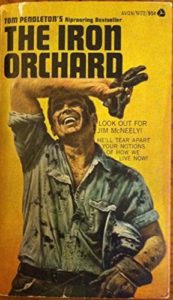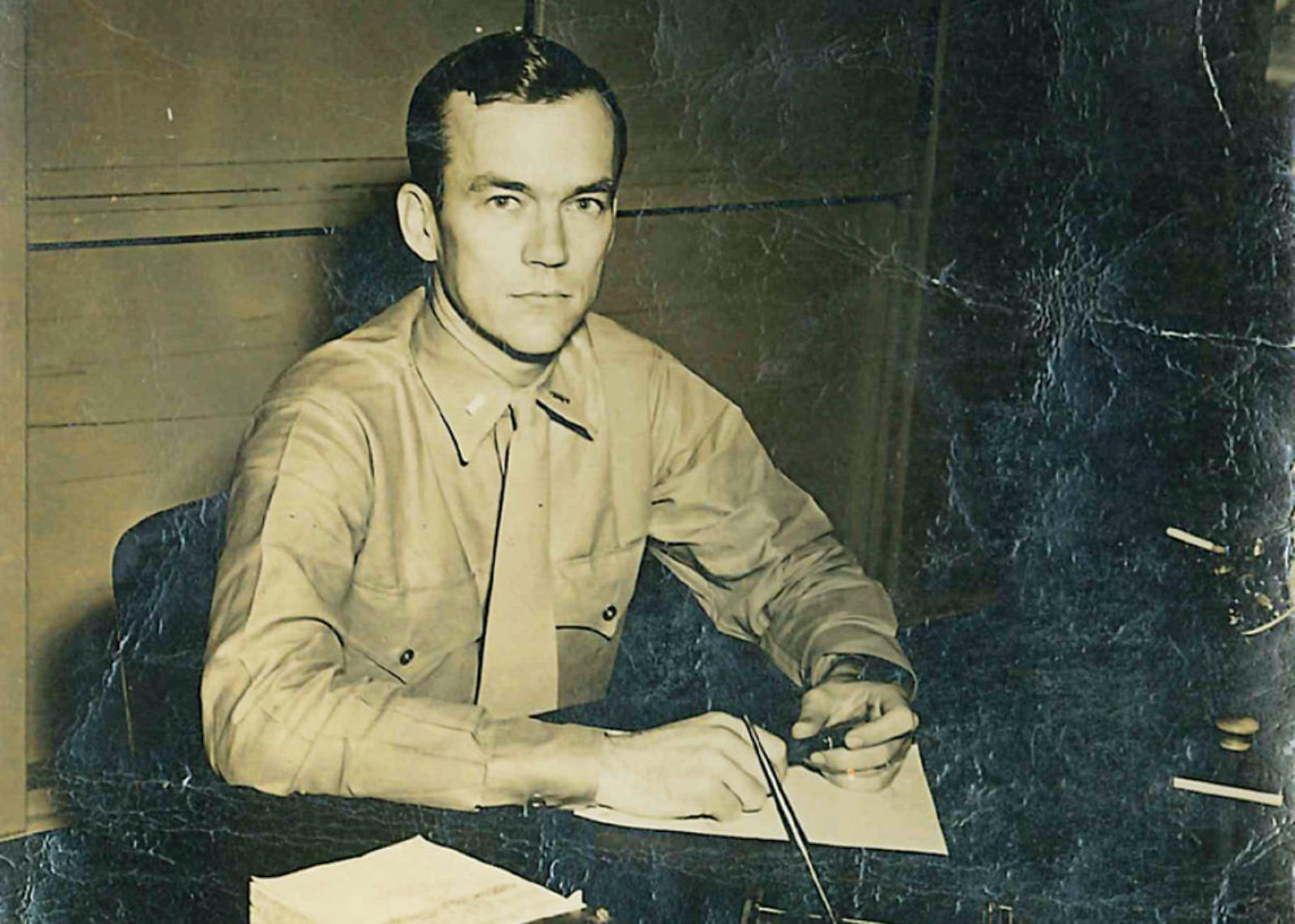
I’ve got to be honest. When I first picked up The Iron Orchard, I was more than a little skeptical. This worn paperback looked akin to the pulpy old westerns my grandfather reads. Besides, why would any decent book be out of print for so long? I thought.
This was before I knew the book was a cult classic among West Texas oilmen, and before I knew it had shared the Texas Institute of Letters award for best fiction with Larry McMurtry’s legendary novel, The Last Picture Show. Yes, I literally judged this book by its cover and was quickly reminded of why that old proverb is so valuable.
Published in 1966, The Iron Orchard spans three decades and tells the story of Jim McNeely, a kid from the wrong side of the tracks in a city near Fort Worth, Texas. Jim was orphaned in high school and his girlfriend, Mazie, is reluctant to commit to any sort of future with him. Needless to say, Mazie’s affluent parents do not approve of the relationship and they end up “helping Jim out” by getting him a job as an oilfield hand in the barren fields of West Texas.
The work is exhausting, the elements are brutal, and his boss relentlessly torments him, but Jim McNeely climbs the ranks and earns the respect of the crew. Violent confrontation and juicy romantic intrigue ends Jim’s time in the fields and sees him moving to Odessa and starting a small oilfield equipment servicing company with his new wife, Lee.
After navigating the rough waters of the servicing business and life in general, Lee and Jim move back to his hometown where he becomes a formidable wildcatter. The stakes are higher, the drama is more intense, and a cast of unforgettable characters (most notably his old oilfield comrades, Ort Cooley and Dent Paxton) makes the adventure even richer.
As this book was written in the 60s, there were some not-so-politically-correct moments, especially in regards to how the characters talked about women, people of color, and the disabled. However, while these moments were cringe-worthy, they were also a profound reflection of the times and certainly added some authentic ‘grit’ to the novel.
I was truly surprised at the quality of writing in this book. The author developed deep characters and wove an incredibly captivating story. Furthermore, at the beginning of many chapters, the author would write a few clever paragraphs about monumental moments or figures in the real world oil industry during that particular time of the story. So in addition to a great narrative about the oil patch and wildcatting, the reader also gets a high-level picture of the hydrocarbon industry during the late 30s, 40s, and 50s.
The Iron Orchard was a quick read and I enjoyed it immensely. In fact, I think it would make a tremendous movie! Overall, I give it 4.5/5 oil derricks.


